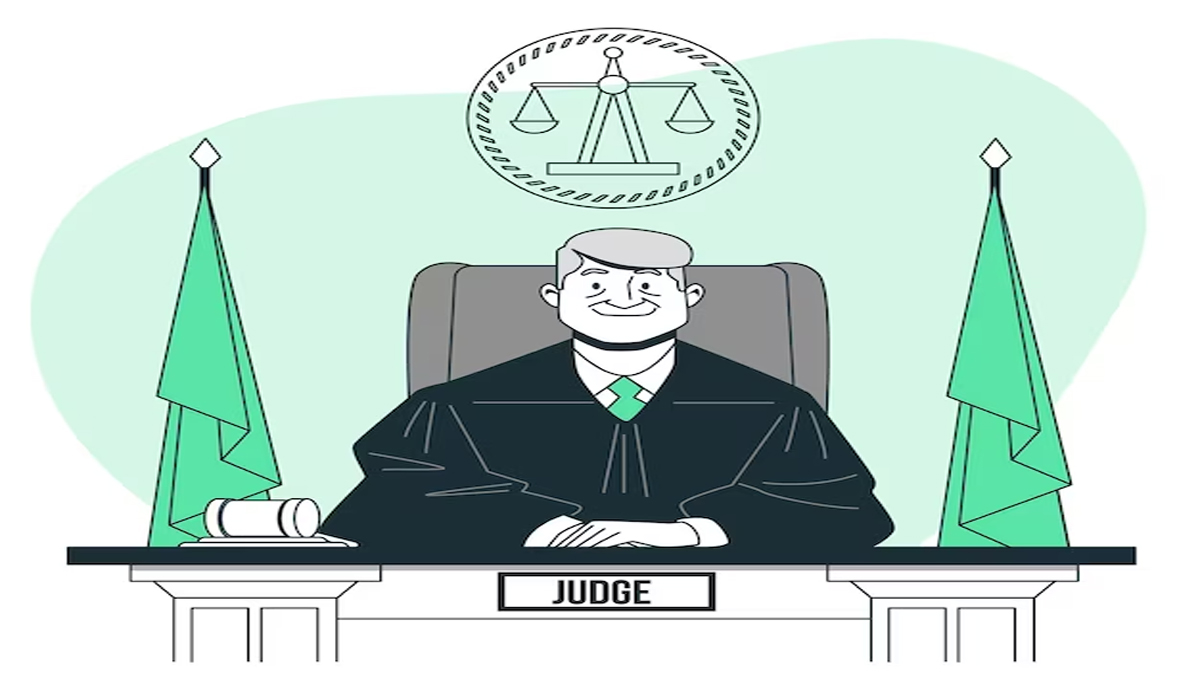The rules and regulations governing the post-retirement conduct of Supreme Court judges in India are outlined in the “The Supreme Court Judges (Salaries and Conditions of Service) Act, 1958,” as well as other relevant rules and guidelines.
Here is an overview of the post-retirement activities for Supreme Court judges in India:
- Restrictions on Practicing Law: In India, retired Supreme Court judges are prohibited from practicing law in any court, including the Supreme Court, High Courts, or other lower courts. This is a significant restriction, and they are not allowed to represent clients in legal matters.
- Other Professional Activities: While practicing law is prohibited, retired Supreme Court judges can engage in other professional and academic activities. These activities may include teaching, writing, and giving legal opinions. They can also participate in arbitration and mediation proceedings.
- Advisory Roles: Retired judges can be appointed to various advisory roles and commissions by the government. They may provide expert advice and insights on legal matters.
- Ethical Considerations: Retired Supreme Court judges, like active judges, are expected to maintain the highest ethical standards. They should avoid conflicts of interest and conduct themselves with integrity and impartiality.
- Re-employment: There are instances where retired judges may be appointed to head commissions or tribunals. However, these appointments are typically subject to specific rules and guidelines.
- Government Service: In some cases, retired judges may be appointed to serve in government or quasi-judicial bodies in roles that do not involve practicing law.
It’s important to note that the post-retirement activities of Supreme Court judges in India are governed by the “Memorandum of Procedure” and other relevant regulations. These rules are designed to maintain the independence and integrity of the judiciary while allowing retired judges to contribute their expertise to the legal and academic community. The restrictions on practicing law are intended to prevent any conflicts of interest and ensure that retired judges do not appear in cases before the courts they once served on.
